Amazing nature #27 - Butterfly crystal (Greta oto)
For this amazing Nature delivery I bring you a very peculiar butterfly called crystal, since it is translucent, this gives the visual sensation that your wings are made of crystal. Come with me to discover this incredible insect.
The vulgar name of this butterfly refers to the extreme delicacy of its completely transparent wings, except for the orange or brown margins, which have a conspicuous pearly and iridescent white spot near the end of the front wings, and some dark veins that resemble the lead of a window. They reach 6 centimeters of wingspan.
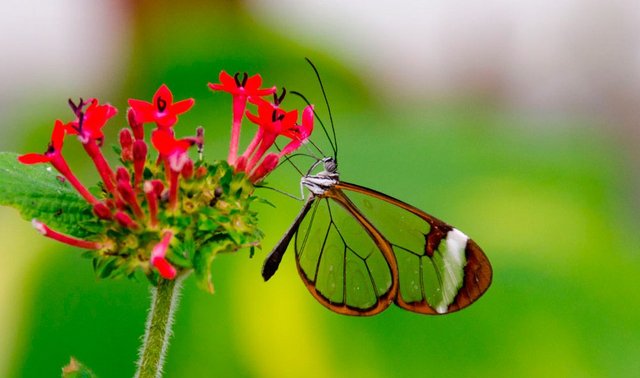
Butterflies are a group of insects that are attractive due to their fragility and colors; they can also be day or night insects according to their moment of maximum activity and some morphological and ecological characteristics.
Gender and habitat of the Greta oto
Belonging to the family Ithomiidae, this genus has representatives in much of the American continent, reaching its greatest development in Central and South America. In the Antilles 2 species of Greta have been described to date: Greta Cubana H Sch, endemic to Cuba and Greta diaphana Drury, from Jamaica and Hispaniola.
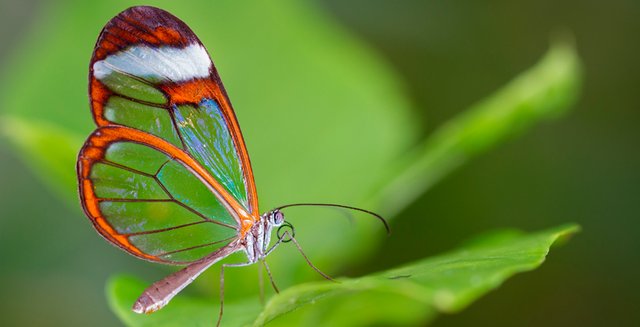
Among the endemic diurnal butterflies of our country is distinguished by its unique beauty and is commonly called crystal butterfly due to the transparency of its wings and the fragility of its body. The word Greta comes from the name that receives the transparent fat with which the potters glazed the mud and that is applied by extension to this group of butterflies.
General Characteristics
Its wingspan is between 5.5 and 6 cm. The edge of its wings is dark brown, sometimes dyed red or orange and its body dark, plus a white fajita matte on the upper wings. They are not easy to find due to their transparent wings, which is a natural defense mechanism against predators. It has a very weak and slow flight and is so gentle that it can even be captured easily with the fingers when resting.
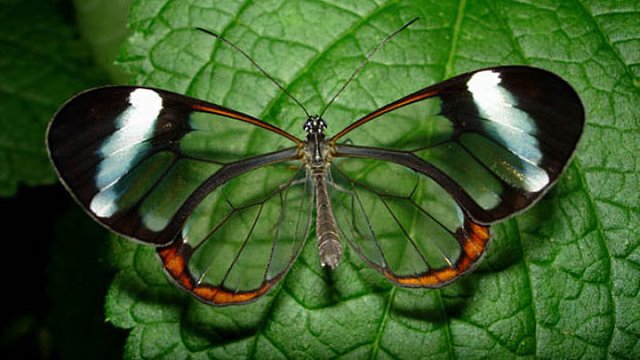
Males emit pheromones, provided by the nectar-sucking alkaloids of the Asteraceae family, which attract females.
The caterpillars feed on plants of the genus Cestrum sp., a toxic species that makes these toxins accumulate in the tissues of the caterpillar and is toxic to predators and even adults are also toxic.
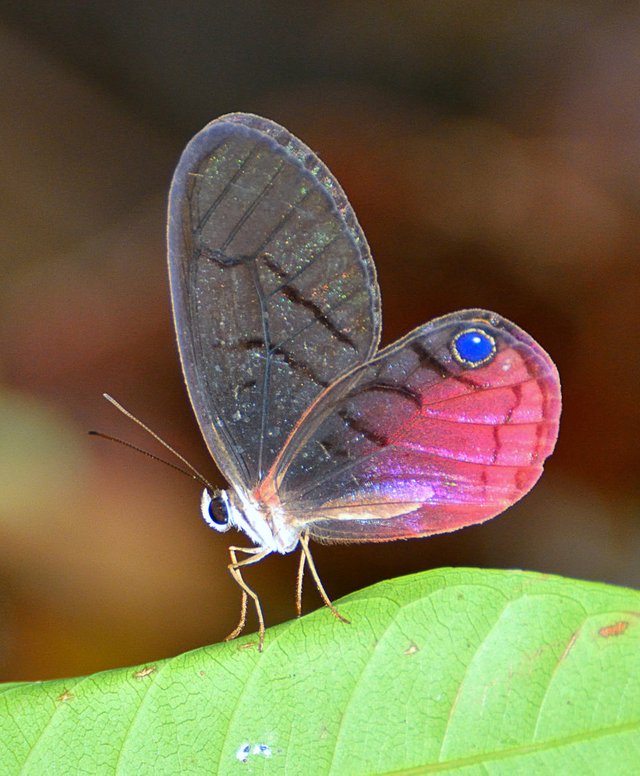
Reproduction
The larva of this species has been bred in plant species of the genus Cestrum Linn. (Galán). Other species of the genus such as Greta oto visit common flowers such as lantana, but as its Cuban relative refers to lay their eggs on plants of the genus Cestrum abundant in the Neotropics. The silvery gray color of the caterpillars is due to the toxins of these plants, which store in the form of alkaloids in their tissues, making them unpleasant for predators such as birds.
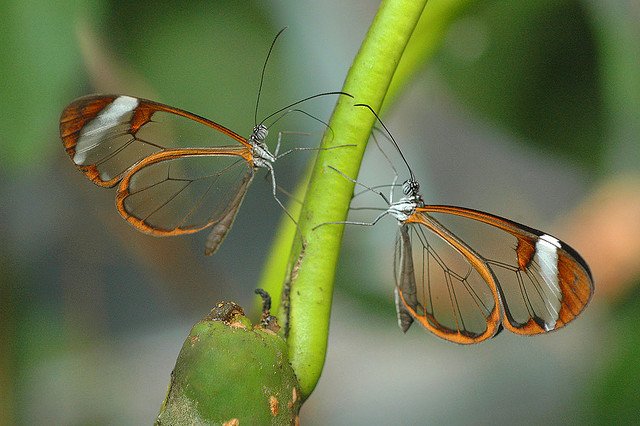
Curious facts
These butterflies retain their toxicity in adulthood. The same alkaloids that make them poisonous are also converted into pheromones by males, who use them to attract females.
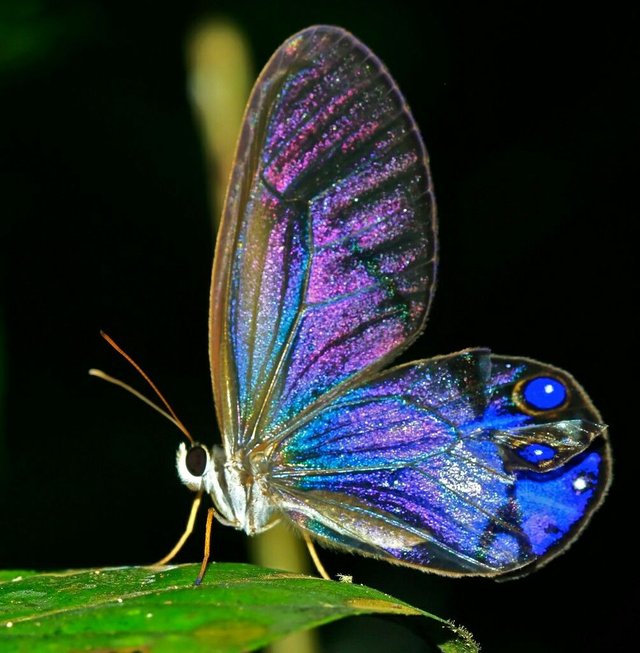
Why are they transparent?
The transparency of the wings results from the combination of 3 factors:
Because of the low absorption of the visible light spectrum by the material that makes up the wings.
Due to the low dispersion of light when it passes through the wings.
Because of the low reflection of light when it hits the surface of the wings.

Thank you for reading


If you liked reading this article, feel free to FOLLOW ME, UPVOTE and RESTEEM! It's always appreciated =D. Thank you all for your support and see you soon for the news flamingirl's adventures!


Beautiful butterfly specimen! Tropical insects are so much more interesting looking than most of the ones we have.